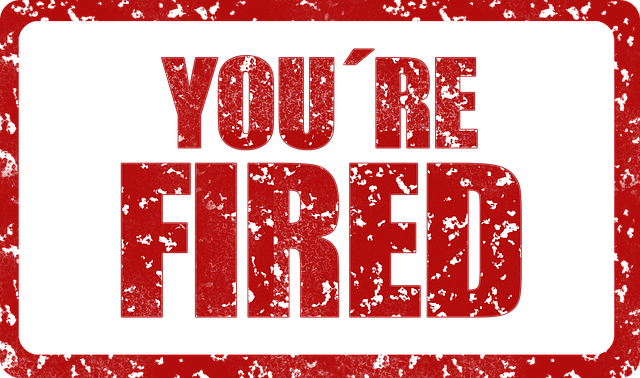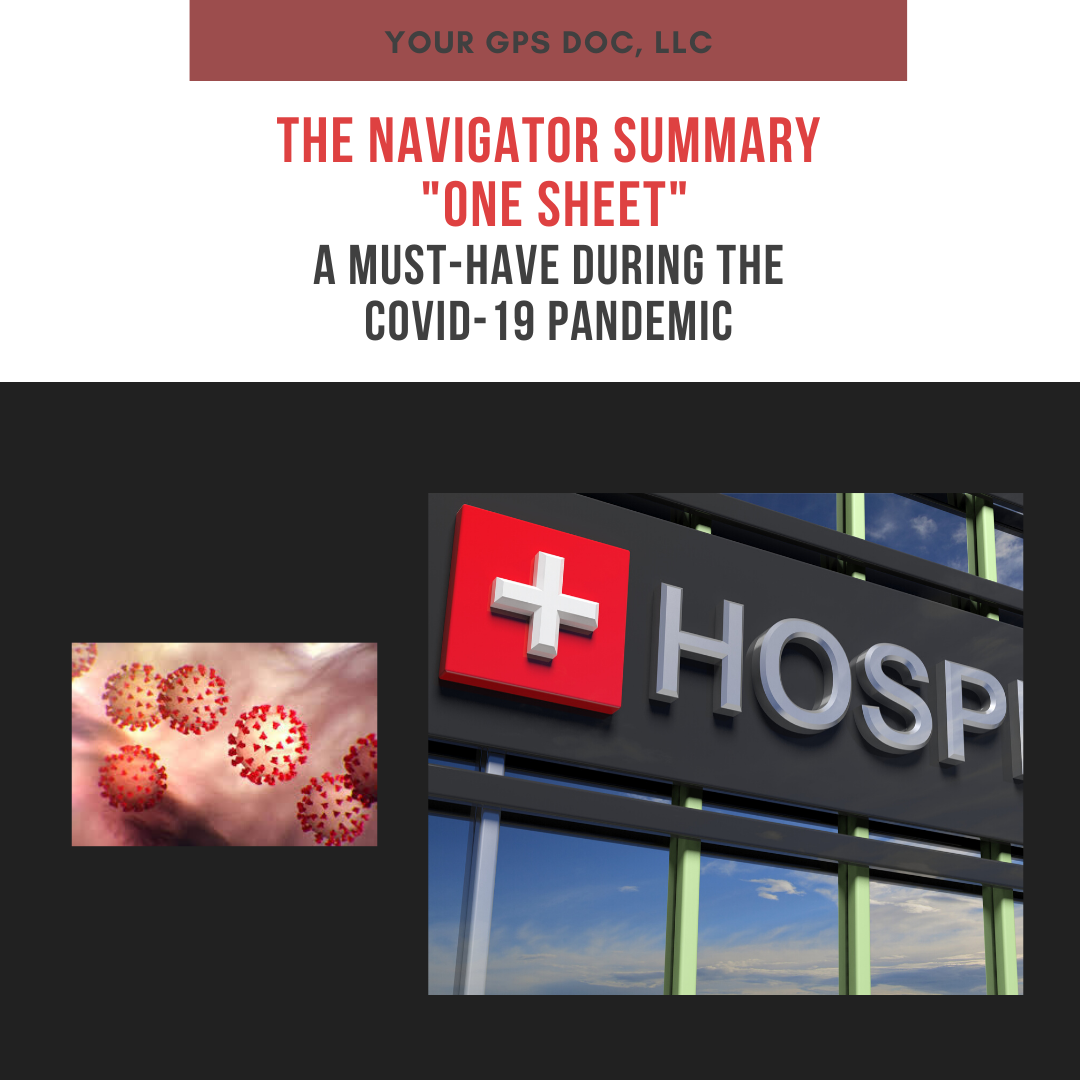The doctor-patient relationship can be challenging. Today’s health care system does not facilitate the development of a meaningful connection; in fact, it tends to impair this crucial relationship. Solo practitioners, 30-minute appointments, and house calls are mostly fond memories from the “good old days”. Today’s physician grapples with time constraints, insurance denials, unnecessary paperwork, and the electronic medical record, all of which serve to disrupt the natural connection between physicians and their patients.
In addition to these systems problems, there is the human factor. Yep, doctors are human. We have bad days, some are burned out and depressed, and occasionally we make mistakes. It’s important for both parties to understand these limitations, and in most circumstances these challenges can be overcome. An occasional bad experience is not necessarily grounds for hopping on the Internet to find your doctor’s replacement. However, there are occasions when it is completely appropriate to jump ship. Here are 5 signs it may be time to dump your doctor.
- Your doctor doesn’t listen to you.
Studies have shown that, on average, doctors interrupt patients within the first 18 seconds of the encounter. I explore this issue and provide useful tips in 5 Ways to Get Your Doctor to Listen to You. This is more than just an etiquette infraction. If your doctor isn’t listening intently to the history you provide, he may miss information that is critical to making an accurate diagnosis. If you’re generally able to discuss your concerns and the interruptions are minimal, this is a relationship worth building. However, if your doctor doesn’t include you in decision-making or regularly discounts your opinion, it’s time to move on.
- Your doctor is difficult to reach.
Doctors are not expected to work 24 hours/day, 7 days/week. However, emergencies don’t respect office hours. You need to be able to reach your doctor when necessary. Many physicians use answering services staffed by nurses who will assess your problem and determine if you need to speak with the physician. If your physician practices alone or in a small group, he may share call with other physicians in order to lessen the burden. This is all acceptable. What is not acceptable is calling your doctor’s office after hours and getting a voice mail that says call back in the morning or that simply directs you to go to the nearest emergency room. If you have no access to your doctor (or her representative) after business hours, you need to consider getting a new physician.
- Your doctor doesn’t keep up with the medical literature.
This one may be difficult for a patient to evaluate. If your doctor is a “one trick pony” who always prescribes the same medication or makes the same diagnosis regardless of your complaint, she is probably relying on outdated information and practicing within a limited comfort zone. All states require physicians to complete a certain number of CME (continuing medical education) hours to maintain their medical license. However, there is significant variability in the quality of educational programs attended. To effectively keep up with new advances, doctors should read medical journals and attend conferences related to their specialty. Your doctor should be familiar with the most recent guidelines for diagnosing and treating various illnesses. If your physician seems to have knowledge gaps and is not open to discussing alternative diagnoses or treatment options, it’s probably time to end the relationship.
- The people working in your doctor’s office are rude or unprofessional.
The receptionist and other staff members set the tone for the entire office. How you are treated when you call or visit the office speaks volumes about how the office is managed. If employees don’t care enough to be kind and respectful to patients, how do you think they handle other aspects of their work? Physicians rely on their staff to perform numerous administrative duties, which enables them to focus on providing excellent clinical care. If your presence seems to be an annoyance to the office staff you should consider making your exit without looking back.
- You’re just not that into your doctor.
You and your doctor don’t need to be “besties”, but you should have mutual respect for each other. You need to feel comfortable sharing the most intimate details of your medical history with your physician. If your doctor consistently seems cold and uncaring it will be very difficult to build a meaningful relationship. Not all doctors are “warm and fuzzy”, but a basic degree of compassion and empathy are essential. Some patients are willing to compromise in this area, particularly if the physician is incredibly skilled and knowledgeable. If you are seeking a second opinion or if you are receiving specialized care for a serious medical condition, the physician’s knowledge is probably more important than his bedside manner. However, your primary care physician and other physicians you see regularly need to be a good fit. If it doesn’t feel right, don’t try to force it. There are plenty of wonderful physicians who would be happy to care for you.
In summary, the doctor-patient relationship is a sacred one. As is true with other relationships, there will be challenges to work through. Most of these challenges can be successfully resolved. However, the five items above are deal-breakers for me, and I suggest you consider finding another physician if these are recurrent issues. I know finding a physician can be daunting. Be sure to read 5 Things You Need to Do When Choosing Your Primary Care Physician for useful tips. You deserve the best and there is no need to settle for anything less.
Have you joined the Your GPS Doc Family? If not, please click here to receive notifications about new content as well as useful worksheets and additional resources only available to Your GPS Doc subscribers.








Leave A Comment